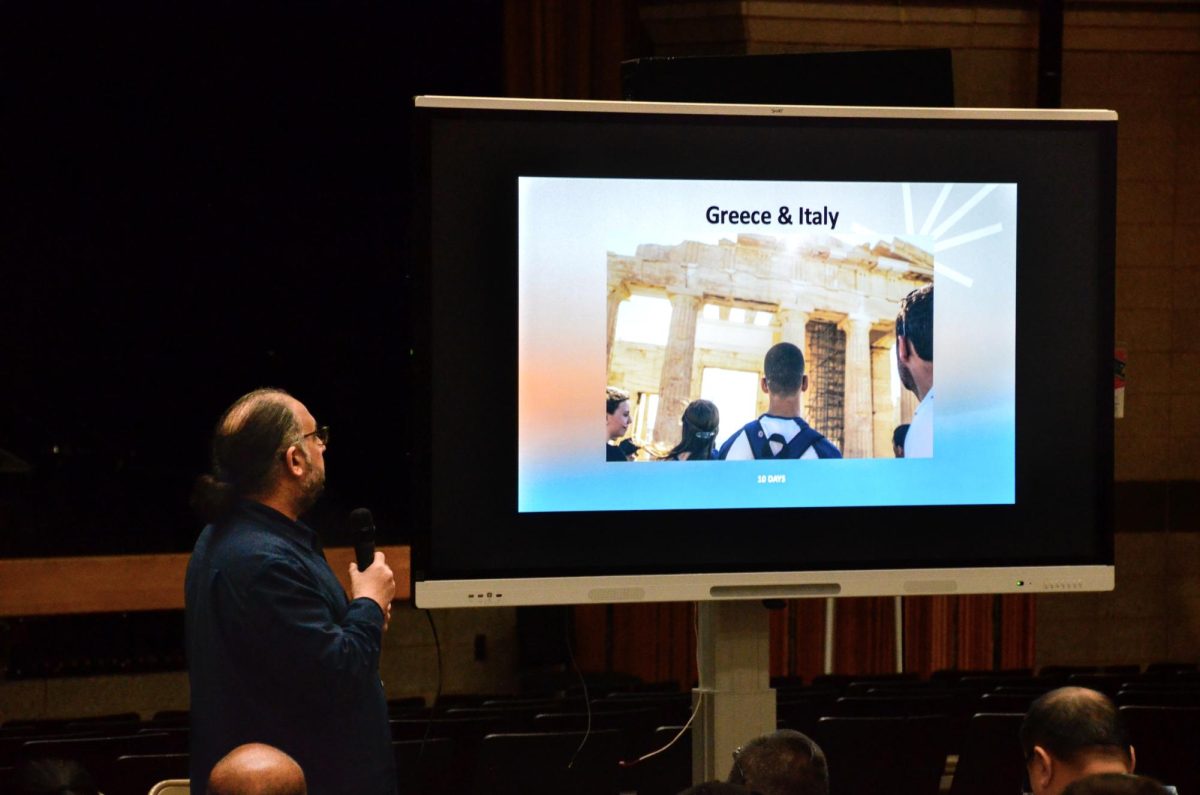
Getting into college can be quite a difficult process, even without challenging exams like the SAT. An added hassle is that the SAT itself, required by numerous colleges, includes a registration fee. This is why administrators have taken a new initiative to lessen the burden of college applications.
Schools Chancellor Carmen Fariña announced on October 26 that the SAT will be made free for all public high school juniors. In addition, the SAT dates, traditionally on a Saturday, have been moved to during school hours. This will commence in 2016.
The SAT currently costs $54.50, but by allowing the exams to be taken during school hours, the percentage of students taking the exam may increase, as was the case of the PSAT, in which the number of students taking the test tripled.
Chancellor Fariña stated in The New York Times that “the opportunity to go to college should never be decided by students’ backgrounds or ZIP codes.”
Students from low income families can receive fee waivers to take the exam for free from school guidance counselors, but this method has its limitations; only four fee waivers can be given and each fee waiver works to cover the cost of only a single test date.
In response to the current SAT costs, Senior Marcus Barbu says “SATs are expensive and the College Board is in it for the money, but there are plenty of people who can’t afford it. After a while costs definitely begin to pile up.”
Sophomore Jessica Lum says in response to the free SAT announcement, “I don’t think it would affect my decision, I would’ve taken the SATs anyways, but then knowing it’s free I would take it as many times as possible to get a higher score.”
However, it is not the SAT test taking cost alone that affects students. There are also the additional costs of SAT preparation beyond what is available on the College Board website.
Junior Prity Sen will be taking the SAT this year and stated, “ I am trying to prep myself by getting those SAT review books, and my parents are trying to make me take the $500 prep class. Just in time for the January test.”
Although this free SAT will cost the city of New York an estimated 1.8 million dollars annually, Prity explained, “[Tax money] might as well go to something that is useful, such as SAT costs.”
The College Board website highlights the importance of these exams by saying “In conjunction with your other admission credentials, they provide a more complete picture of your academic background and interests.”
By making the SAT free, New York hopes to encourage students to pursue college as an option after high school.


























